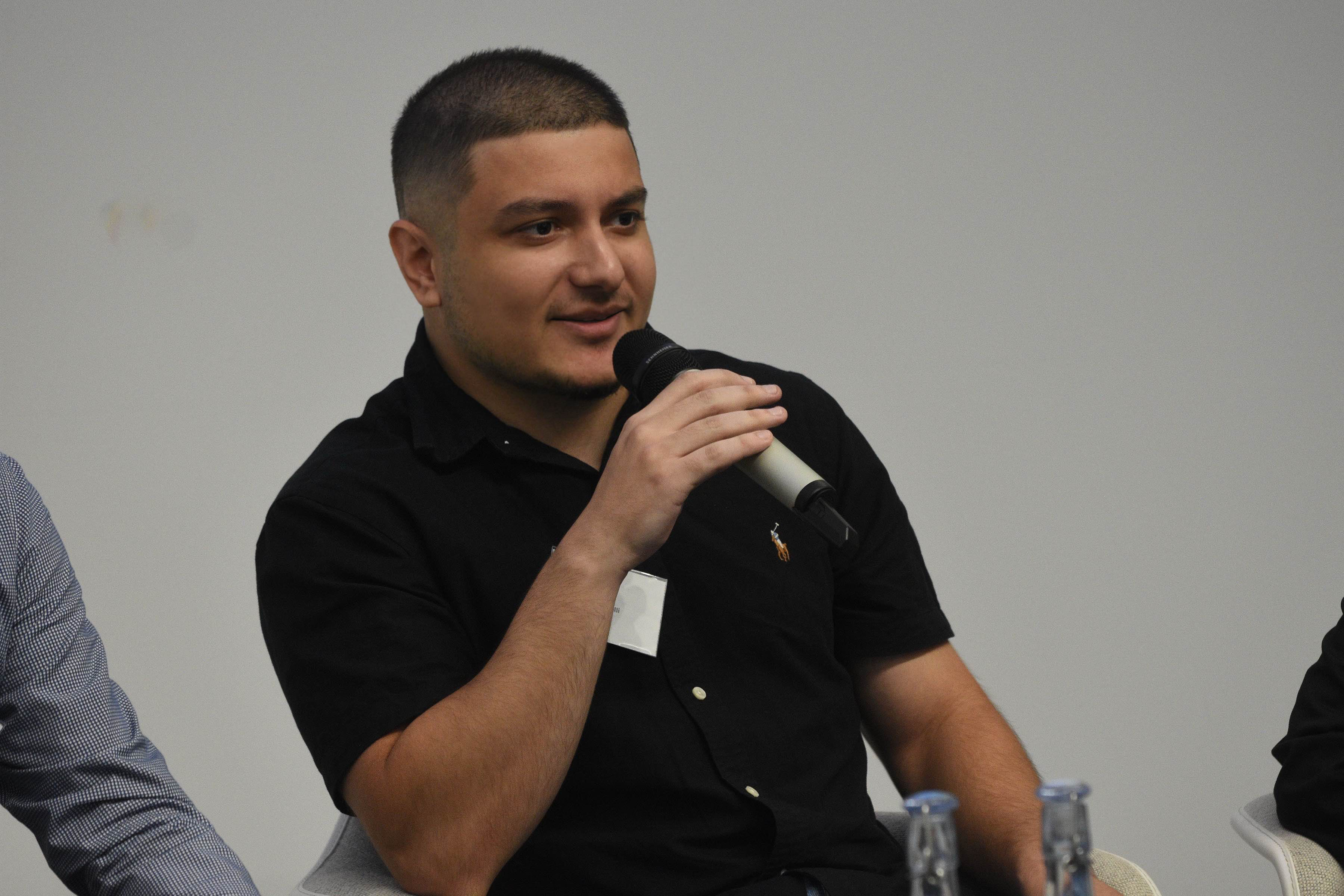Ogulcan Gurelli (Computer Science BSc, 2025).
The Research Ready Programme was the perfect entry into both AI and research. Some of the most important roles in the AI world have to do with research and this programme equips you with all those skills. I was really interested in using this opportunity to publish a research paper and it became a reality!

Why did you choose to study your programme and why Queen Mary?
I always saw Computer Science as a ‘jack of all trades’ subject, where you can dive deep into math, CS theory, programming, hardware engineering and more. It really gives you the base to get into any industry you want and that’s what always excited me about it! I always knew Queen Mary is one of the best in the country in terms of Computer Science and I knew I wanted to be a part of that. Queen Mary offered fantastic module selections for Computer Science coupled with great facilities and teaching staff which made me certain it was the right fit for me.
What did you most enjoy about your course?
I loved how I got to do everything! From maths, theory, programming, computer engineering… everything! I developed so many skills, made great friends with students and staff and received great support too!
What drew you specifically to the Research Ready Programme (RRP) by Google DeepMind? What did you hope to gain from participating?
It was the perfect entry into both AI and research. Some of the most important roles in the AI world have to do with research and this programme equips you with all those skills. I loved the idea of pairing up with a mentor and conducting great research into a topic you’re interested in. I was really interested in using this opportunity to publish a research paper and it became a reality.
How did working in the RRP environment shape your approach to research?
It really showed how important teamwork and a great stream of communication is in order to pursue successful research. I worked alongside a PhD mentor during the programme who prioritised daily meetings to make sure everything was on track, this helped me stay accountable and get work done in a timely manner. It also allowed me to conduct research independently with my mentor teaching me how great independent research is done, this will be incredibly beneficial later on in my career.
What was the focus of the research paper you published as a result of your RRP experience?
My paper focuses on automating the creation of immersive spatial audio in multi-speaker environments. By combining visual cues like face detection and depth estimation with advanced audio processing, the system can generate realistic 3D sound experiences from mono audio sources. Unlike previous methods, it does not require extensive binaural training datasets, making spatial audio generation more efficient and accessible for applications such as films, video games, and virtual reality.
What advice would you give to current students considering applying for the RRP?
My advice would be to ask as many questions as you can. This is a fantastic introduction to AI and a great way to contribute to the field, you’ll be around great minds who are always ready to assist you with anything! Be confident in yourself too, you don’t need to be a master of AI for the programme, just someone who is excited and genuinely interested in the field.
What’s one piece of advice you’d offer to someone considering studying your programme at Queen Mary?
My advice would be to seek out as many opportunities as you can outside academics! Make the most out of all the great things Queen Mary has to offer, from applying to clubs, societies, research roles, internships etc. Queen Mary is phenomenal when it comes to getting students internships and grad roles, and a lot of the clubs such as hyperlink and formula give students great experience to talk about.
Find out more about the Research Ready Programme.